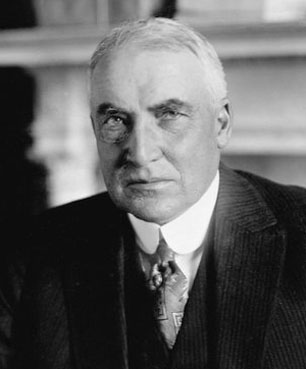Is it really true that Donald Trump “isn’t as bad as Warren Harding”??
Oct 7th, 2020 | By L. Frank Bunting | Category: In Brief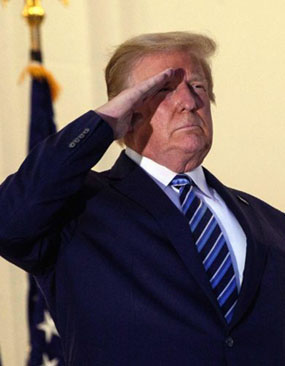
SPECIAL FROM L. FRANK BUNTING, PANCAKE BAY, ON. OCTOBER 7, 2020 : On a trip last year I bumped into a gentleman from the white suburbs of Atlanta, Georgia who claimed that, whatever else, Donald Trump “isn’t as bad as Warren Harding.”
For those of us who know next to nothing about Warren Gamaliel Harding, 29th president of the United States (March 4, 1921—August 2, 1923), this can be a puzzling argument.
A few weeks ago I stumbled across further information at last. While paging through old magazines as a COVID-19 diversion, I found a 2004 review of John Dean’s short study Warren G. Harding, in Arthur Schlesinger’s American Presidents Series for Times Books.
The review was eloquently written by the late Russell Baker (1925–2019) — an American journalist the likes of whom now seem to have largely vanished from the real world that has finally brought us President Donald Trump.
The John Dean who was a key Watergate witness — and whose compelling book Blind Ambition still has a known place in my library — makes a provocative author of a short Warren Harding biography as well. He may be especially intriguing 16 years after the 2004 Baker review, when Mr. Dean has also become a frequent critic of President Trump on CNN and MSNBC.
Russell Baker does explain that : “For twenty or thirty years after his death Harding was notorious even among schoolchildren as our most scandalous president.” And while the scandals (“Teapot Dome” etc) may seem “unexciting” by today’s standards, they “blackened Harding’s reputation so thoroughly that many historians still rank him as America’s worst president.”
This at least starts to sound like the historical figure invoked by my 2019 travel acquaintance from Atlanta, Georgia. Mr. Baker, however, also reports that Dean’s 202-page Harding biography is “a careful lawyer’s defense of a client he believes has been unjustly and cruelly abused by history.”
There are ways in which Donald Trump in 2020 does have things in common with Warren Harding in 1920. They seem, eg, to share something of the same political base — white, male, rural and small-town America, away from the big cities.
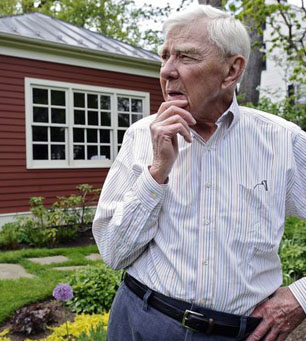
Yet unlike Trump Harding actually came from the same American social strata as his political base. He began as a small-town newspaper editor in Marion, Ohio (“population 4,000”), who quickly developed a consuming interest in Republican politics.
Harding is said to have run his 1920 presidential campaign from his “Front Porch” in Marion — in a style also associated with “James A. Garfield in 1880, Benjamin Harrison in 1888, and William McKinley in 1896” (and most recently “Joe Biden’s presidential campaign” in 2020).
Mainstream American political journalism today has taken some notice of intriguing similarities between the US presidential elections of 1920 and 2020.
See Thomas Mallon’s “How the Promise of Normalcy Won the 1920 Election … A hundred years ago, the US was riven by disease, inflamed with racial violence, and torn between isolation and globalism. Sound familiar?” — in the September 14, 2020 issue of the New Yorker.
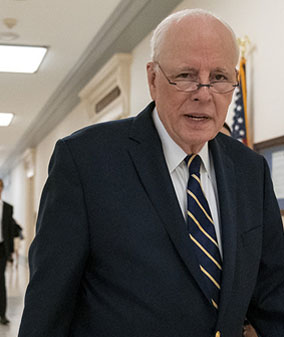
This again takes me back to my 2019 travel acquaintance from Atlanta, Georgia., and his conviction that Donald Trump “isn’t as bad as Warren Harding” — and to my 2020 re-acquaintance with Russell Baker’s review of John Dean’s Harding biography of 2004.
There are still other similarities between the two presidents. They share something in their rhetoric as well as their political base. A celebrated alliterative passage from Harding’s 1920 campaign oratory could have a related Trumpian wavelength (although some might say Joe Biden is more credibly playing much of this old tune in 2020??) :
“America’s present need is not heroics, but healing; not nostrums, but normalcy; not revolution, but restoration; not agitation, but adjustment; not surgery, but serenity; not the dramatic, but the dispassionate; not experiment, but equipoise; not submergence in internationality, but sustainment in triumphant nationality….”
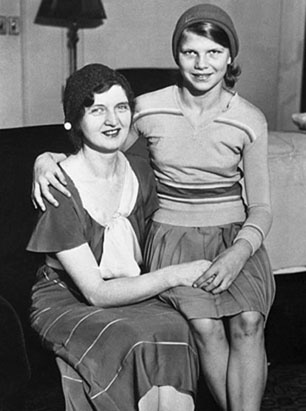
Harding, like Trump, was also known for affairs with women (reputed and real), tariffs as a key to American economic policy, and corrupt political friends who went to jail (the “Ohio Gang”).
President Trump may finally come to reflect Russell Baker’s ultimate assessment of John Dean’s 2004 study as well : “Dean’s Harding is a politically skilled but ordinary man of modest talents who promoted himself to the level of his own incompetence and fell to ruin because the job was utterly beyond his limited abilities.”
On the other hand, if President Trump does somehow surprise everyone again, and win on November 3, 2020, there will be no doubt that Donald Trump is not at all like the Warren Harding who surprisingly died from a sudden heart attack in the middle of his first term in office, at the Palace Hotel in San Francisco.
Meanwhile, I can see even now that the two men are not like each other in some other crucial ways.
Donald Trump won the 2016 election in the small-state-tilted electoral college, while losing the popular vote to Hillary Clinton. But the political base he might be said to share in some degree with Warren Harding was much more potent just after the First World War than it has subsequently become. In Russell Baker’s words, the American voters of 1920 (including women from every state for the first time) elected Warren Harding “in a landslide with over 60 percent of the vote, fully expecting a return of the good old days, of ‘normalcy’.”
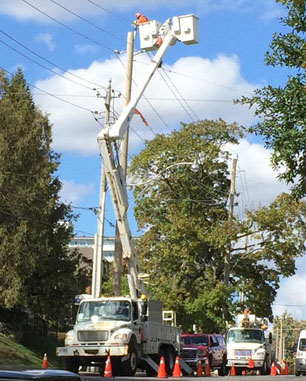
The historical section of the current White House website similarly notes features of Harding’s persona that cannot be seriously applied to President Trump : “Though his term in office was fraught with scandal, including Teapot Dome, Harding embraced technology and was sensitive to the plights of minorities and women.” (Part of his sensitivity to minorities may have flowed from the claim of his segregationist enemies that he was of African American descent himself.)
Finally, Mr. Baker ends his 2004 review with the thought that Warren Harding “may have been, as John Dean says, ‘one of the most kindly men to ever occupy the Oval Office.’”
Kindliness may or may not be an advantage for a democratic politician. But even my 2019 travel acquaintance from Atlanta, Georgia would cheerfully agree that it has absolutely nothing at all to do with the carefully made-up man who occupies the White House in 2020.
Having now looked into the subject a little more, as the November 3, 2020 election looms less than a month away, I think as well that my Atlanta fellow traveler probably had the relationship between the two presidents backwards. As things look up here north of the Great Lakes at least, whatever else, the plain truth seems much closer to “Warren Harding — once thought to be America’s worst president — wasn’t as bad as Donald Trump.”
